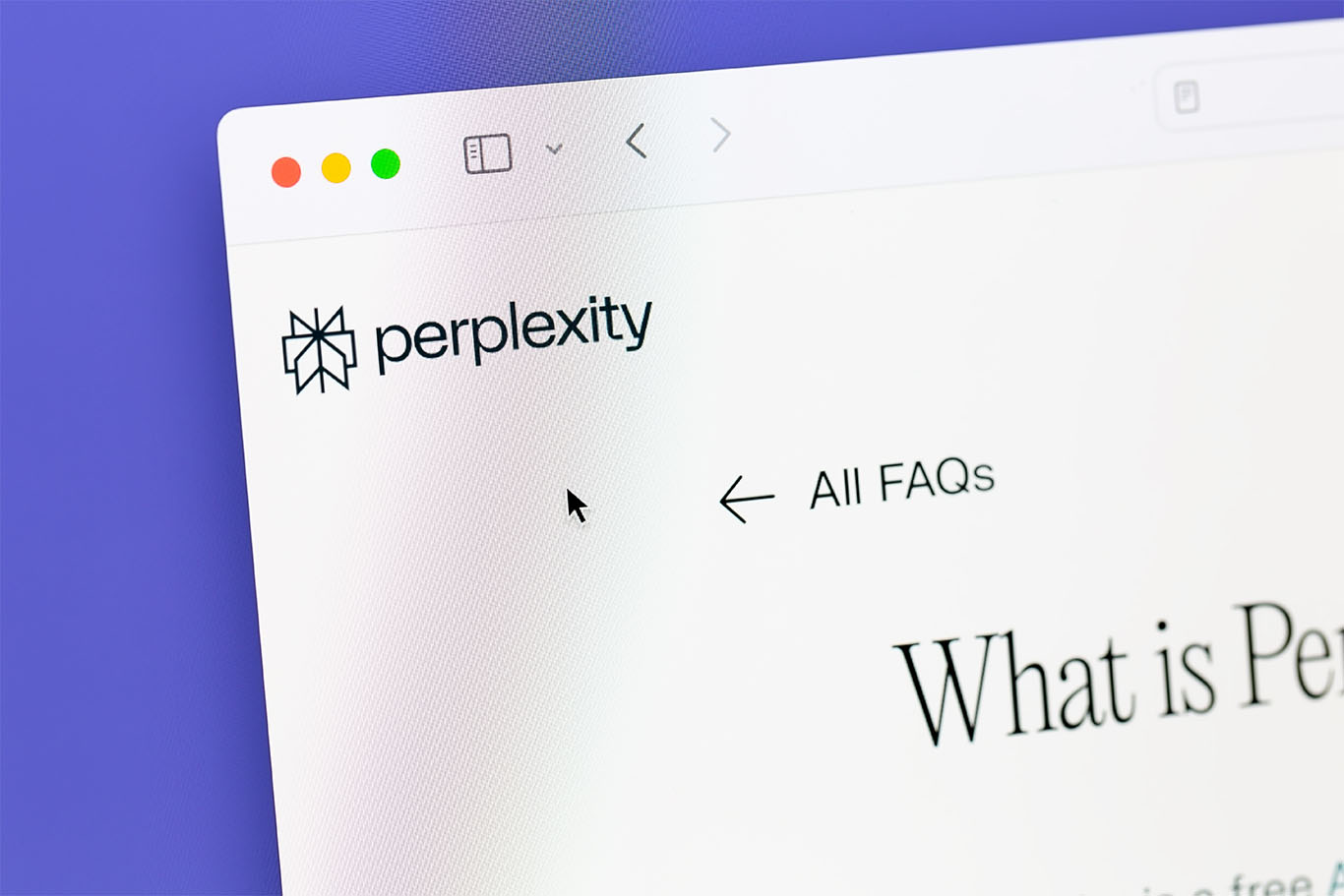
This $34.5 billion AI startup bet on Chrome could redefine the web
Subscribe to our free newsletter today to keep up to date with the latest business news.
Perplexity, a fast-growing AI search startup backed by investors including Nvidia and Jeff Bezos, has made headlines by offering $34.5billion in cash to acquire Google Chrome. The move comes just months after Perplexity’s valuation was reported at $1billion, highlighting the proposal as a calculated bet rather than a realistic acquisition attempt.
Comet browser signals a new interface model
Perplexity’s offer coincides with the rollout of its Comet browser, a Chromium-based application that deeply integrates AI search and assistant tools. Comet positions itself as a rethinking of how users navigate the web, embedding an AI “sidecar” to provide summarised answers, handle tasks like calendar scheduling, and assist with email replies directly in the browser environment. This shift from traditional search inputs to real-time, agent-led responses signals a broader move in the industry toward ambient computing.
The company’s design of Comet is not just functional but strategic. By building on Chromium, Perplexity benefits from existing web compatibility while proposing an alternative to Chrome’s passive browser model. The AI assistant within Comet remains visible as users browse, proactively suggesting content, extracting data, and completing workflows without requiring repeated manual prompts. In testing, this model has shown appeal among early adopters looking for more efficient task handling than Chrome currently provides.
A bid shaped by regulatory pressure
Google’s current antitrust scrutiny provides context for the timing of Perplexity’s move. By presenting the acquisition as a pro-competition solution, Perplexity’s leadership is likely framing the bid less as a hostile takeover and more as a public signal. The Department of Justice continues to investigate Google’s dominance in search and advertising markets, and Chrome’s centrality to that ecosystem is a key element.
Perplexity has stated it would retain Chromium’s open-source development model and keep Google Search as the default engine if the acquisition were approved. It also proposed a $3billion investment to evolve the product independently. While Alphabet is unlikely to accept such an offer, the proposal forces a broader conversation about how browser dominance intersects with emerging AI-first models of web interaction.
AI-first browsers are entering the market
Comet is not the only AI browser attempting to challenge Chrome’s grip on the market. Others, including experimental tools from OpenAI and various lightweight Chromium forks, are exploring agent-driven interfaces. However, Chrome still accounts for more than 60 percent of global browser usage, making significant market disruption unlikely in the near term.
A major adoption hurdle is price. Perplexity’s Comet Max tier costs $200 per month, positioning it closer to enterprise tools than consumer browsers. Yet for users seeking a workspace where information retrieval and execution are blended into a single interface, AI browsers may represent a compelling value proposition.
Perplexity’s offer, while improbable, draws attention to a shift already taking place where the browser is evolving from a passive window to the web into an active tool that shapes how users navigate it.
Sources: